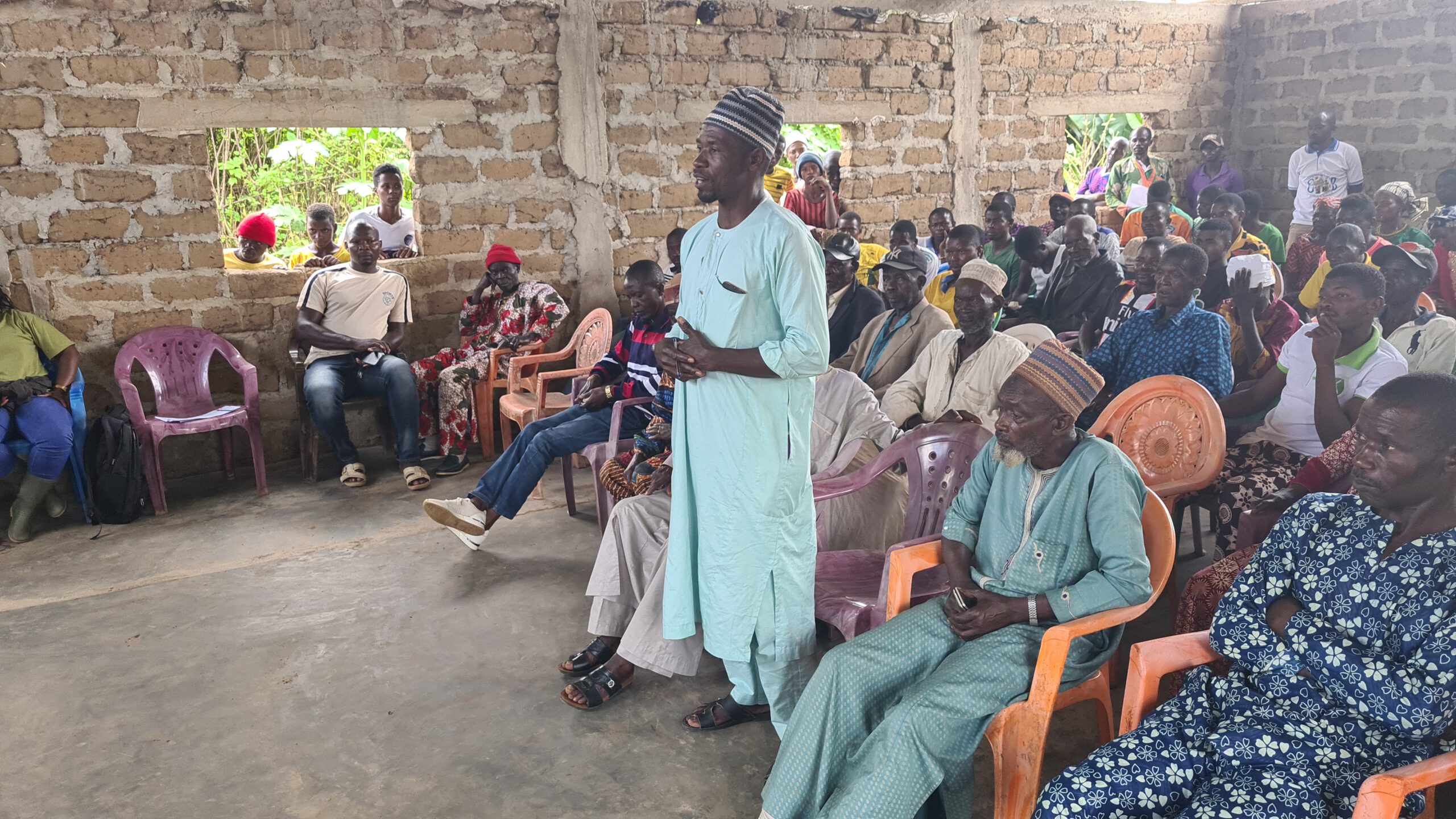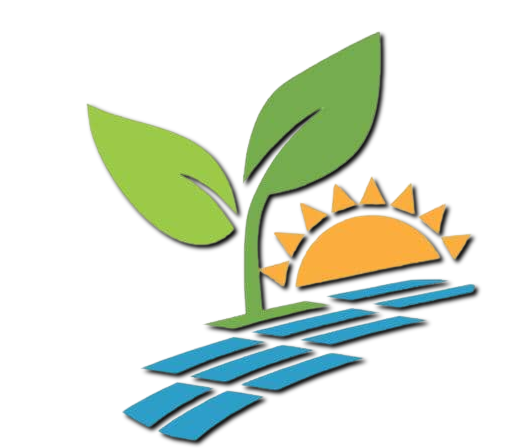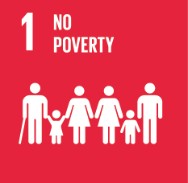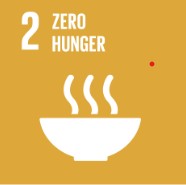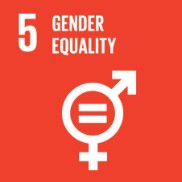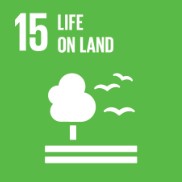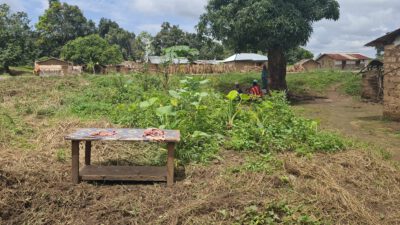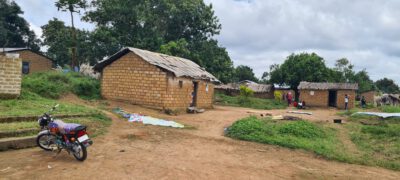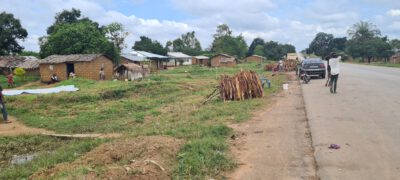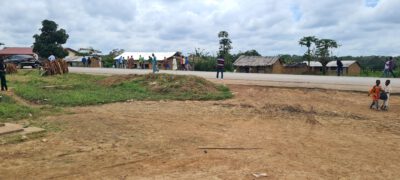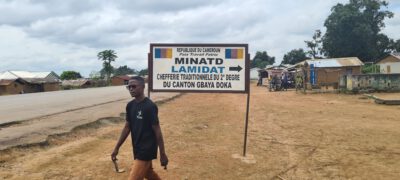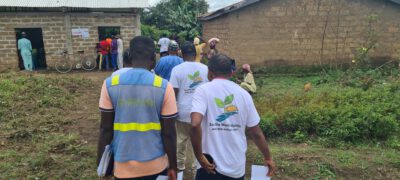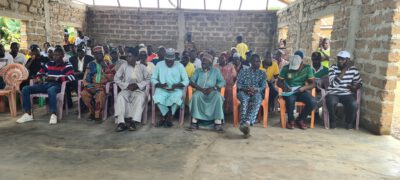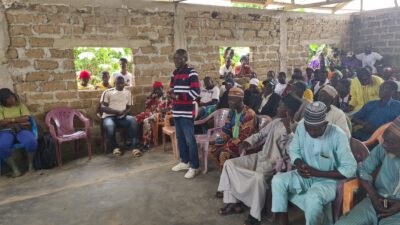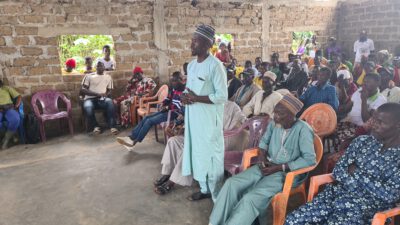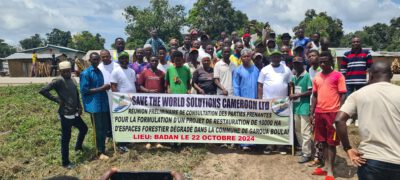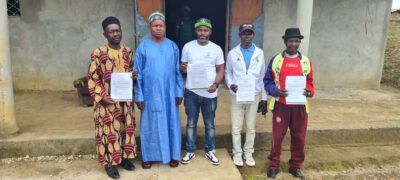KPAWARA Community Forest Restoration Project
Location
Garoua-Boulai, Lom-et-Djérem Department, East Region, Cameroon
Project goal
The project aims to restore 5,000 hectares of land in two targeted community forest areas through the implementation of agroforestry while using restoration activities to secure land for the benefit of the local communities. This initiative focuses on combating climate change, promoting sustainable development, and restoring regional biodiversity. By creating employment opportunities and improving the quality of life for local residents, the project also emphasizes education and outreach programs to raise awareness about the importance of agroforestry.
Project description
The Kpawara Community Forest Restoration Project is a large-scale landscape restoration project in the Garoua-Boulai municipality, located in the Lom-et-Djérem Department of Cameroon’s East Region. The project aims to restore nature, create forests, and promote sustainable development. The dense equatorial forest and savanna mosaic zone of Cameroon loses thousands of hectares of forest every year through deforestation driven by agricultural expansion, overgrazing, commercial logging and firewood collection activities. With an increasing population, the pressure on natural resources keeps growing. The socio-economic conditions in the project area present several challenges. High poverty levels and limited access to formal employment opportunities are prominent, exacerbated by a heavy dependence on natural resources. Lastly, climate change has amplified these issues, with unpredictable rainfall and prolonged dry seasons reducing vegetation regeneration and agricultural productivity by 10-15%, forcing communities to expand farmland into forested areas.
This project aims to address these challenges by planting millions of trees, protecting biodiversity, increasing water security, and providing a better quality of life for local communities.
SDGs
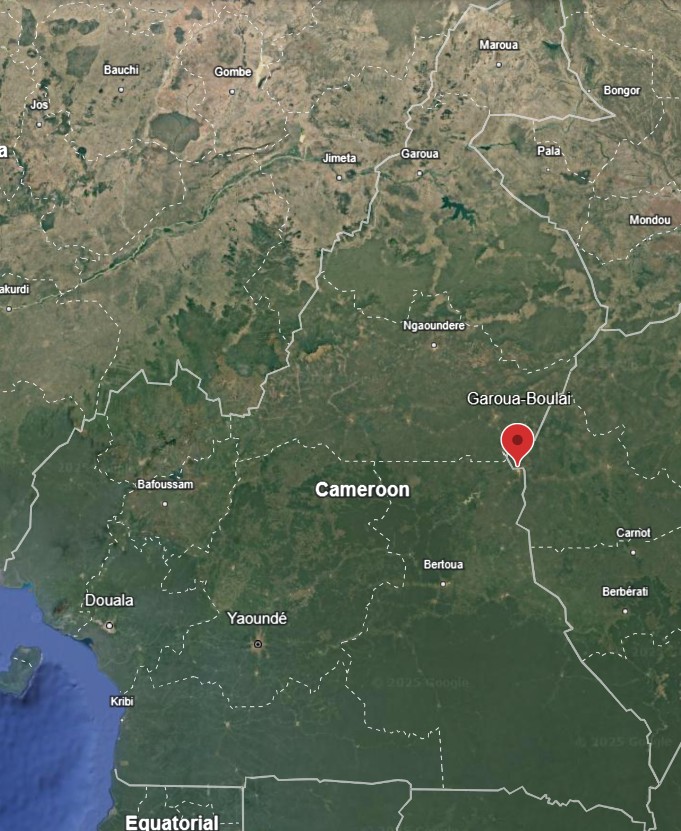
Local communities impact
The project is designed to have a positive impact on local communities and the environment. The project will offer job opportunities, community training, and new infrastructure, such as improved healthcare and education facilities, promote clean energy technologies, contributing to improving the local community's quality of life and sustainable development.
Sales of high-value products like fruits, nuts, timber, and non-timber forest products (NTFPs) such as honey and medicinal plants are also for the benefit of the local community.
Environmental impact
The project will have an extraordinary impact on the environment. It will promote and conserve regional biodiversity, restore degraded lands, create vital habitats for local wildlife, and plays a critical role in carbon sequestration. With each tree, the project contributes to creating a healthy, thriving ecosystem, making a positive environmental impact.
The project's impact
The Kpawara Community Forest Restoration Project is designed to positively impact local communities and the environment by creating jobs, improving water quality, and contributing to regional wildlife habitat through reforestation initiatives. The project focuses on implementing agroforestry on community-owned lands, introducing a mix of multi-purpose tree species, and fruit varieties that contribute to biodiversity preservation and sustainable development.
This large-scale nature-based initiative seeks to create forests and promote sustainable development, combining the best restoration methodology and forestry industry practice that prioritise planting native tree species for positive effects on the local ecosystem. Reforestation measures, such as those targeted in this project, will enhance carbon sequestration, improve soil health, and promote ecosystem resilience, fostering environmental sustainability and resilience.
